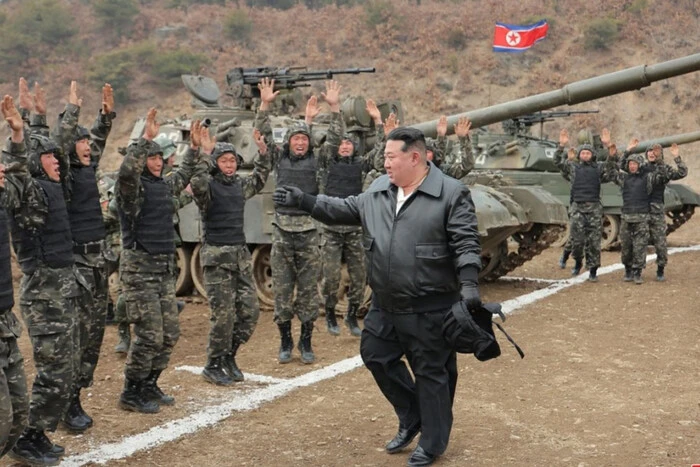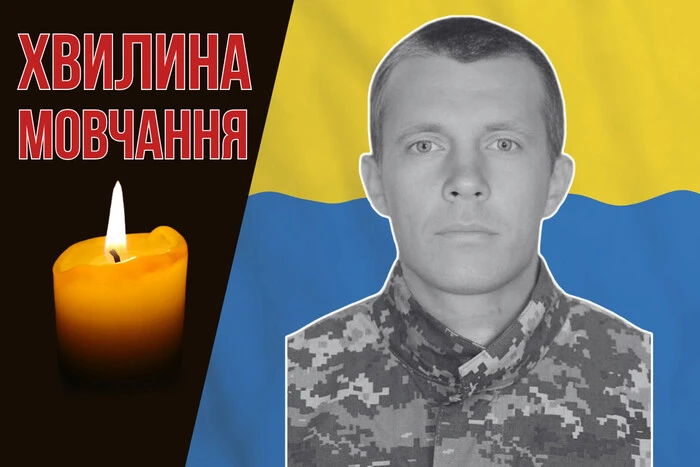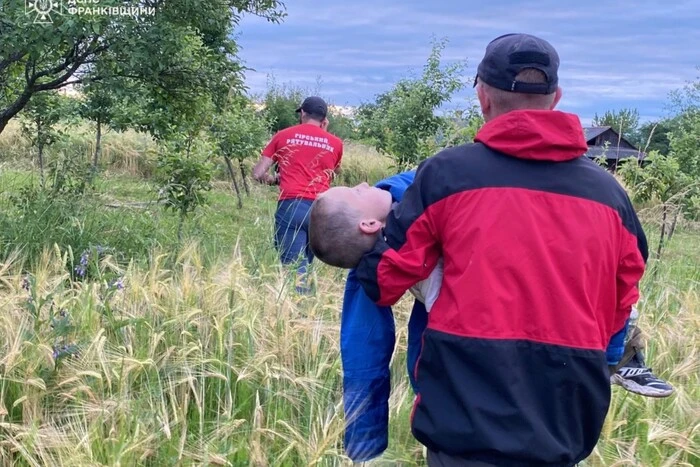British intelligence named the number of soldiers killed from North Korea in Kursk.


Extraordinary losses of North Korea in the Kursk region, say the UK
North Korean forces have suffered significant losses in fighting against Ukrainian troops in the Kursk region. According to the UK Ministry of Defense, around 4,000 people have already died, approximately a quarter of whom fell on the battlefield. These losses represent more than a third of the total number of North Korean troops in the Kursk region. However, recent analyses by British intelligence indicate that these losses have severely damaged North Korea's ability to conduct offensive operations in support of Russia.
'Despite significant losses in combat, North Korean troops have achieved only tactical successes in the Kursk region. Russian and North Korean forces are likely having difficulties coordinating. These two sides do not speak the same language, and North Korean troops are likely struggling to integrate into the Russian command and control structure,' said representatives of the UK Ministry of Defense.
According to military media reports, the total number of losses among North Korean troops in the Kursk region is around 4,000 people, including the killed, wounded, missing, and captured. According to BBC Ukraine, nearly a thousand soldiers have died.
'This is a very high figure, especially considering that military operations in the Kursk region are deployed for about 11,000 servicemen,' said BBC security correspondent, Frank Gardner.
According to forecasts by ISW analysts, if North Korean losses continue at such a high level, by mid-April 2025, all 12,000 North Korean servicemen in the Kursk region could be lost or injured.
Read also
- Serving even those with 10 children. How the Israeli mobilization differs from the Ukrainian one
- Defending Ukraine in Sumy and Kharkiv. Let's remember Vasyl Kyrychuk
- Search lasted three days: a 5-year-old boy found in Prykarpattia
- Pensions and assistance to Ukrainians will be paid in a new way: the Pension Fund will receive information from banks
- Israel has postponed Iran's creation of a nuclear bomb for several years
- Applicants shown prices for education at the top five most popular universities in Ukraine










